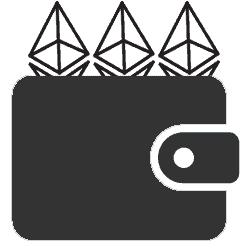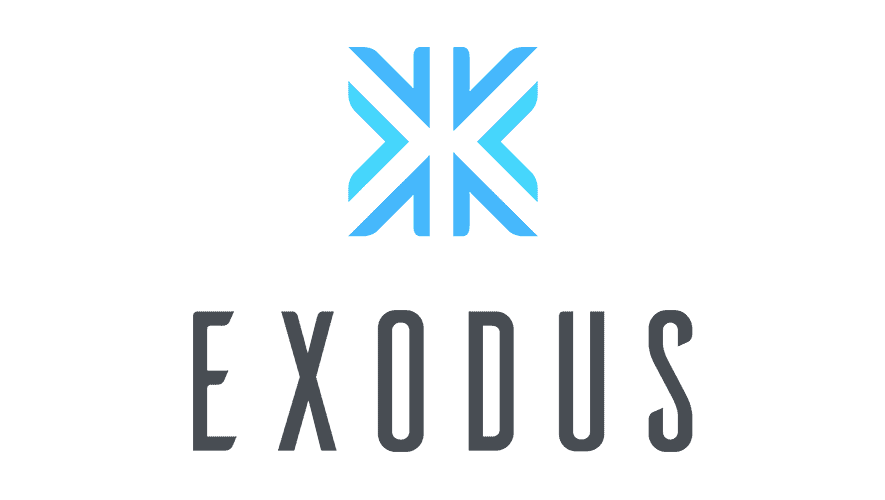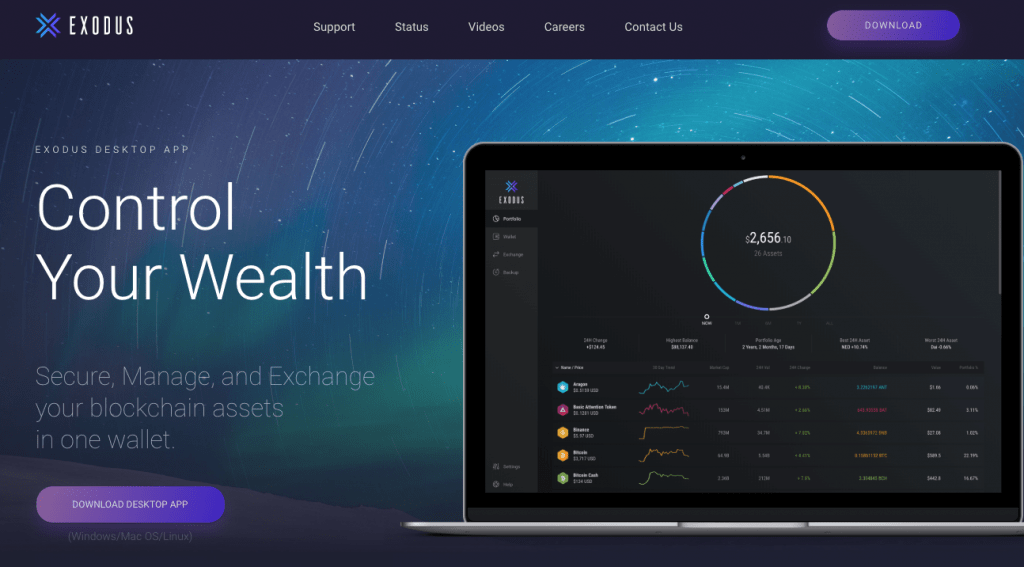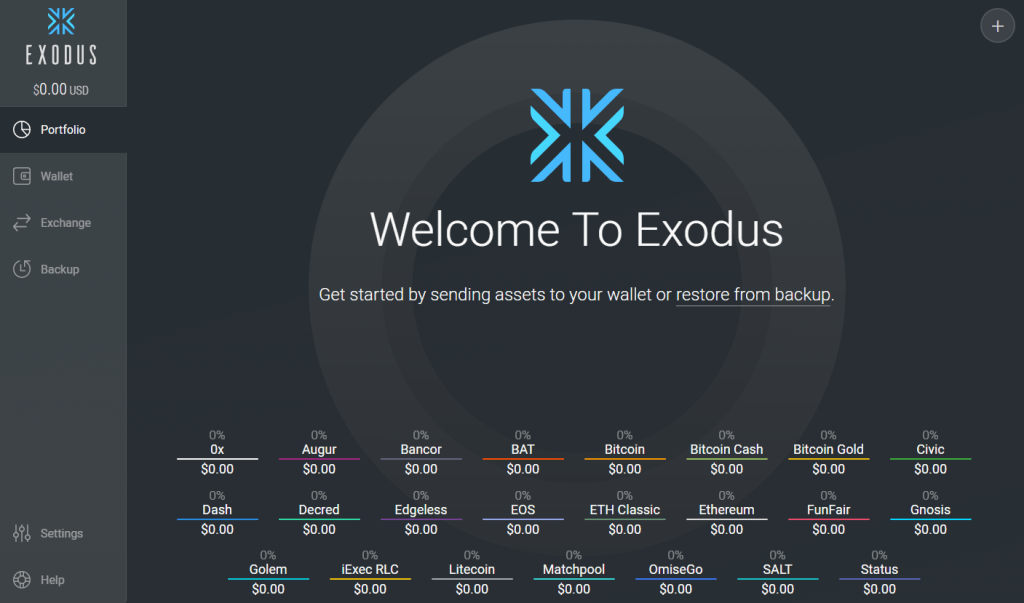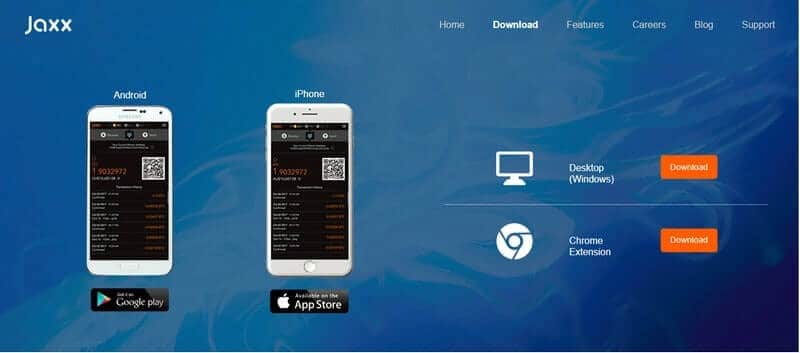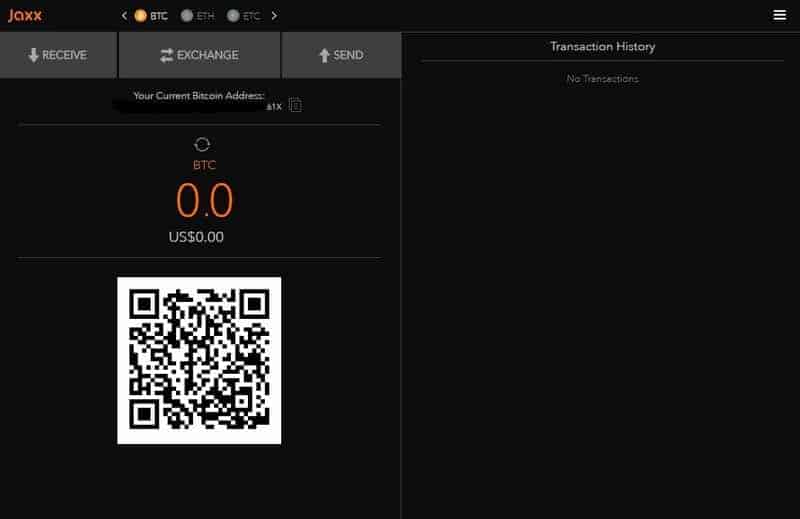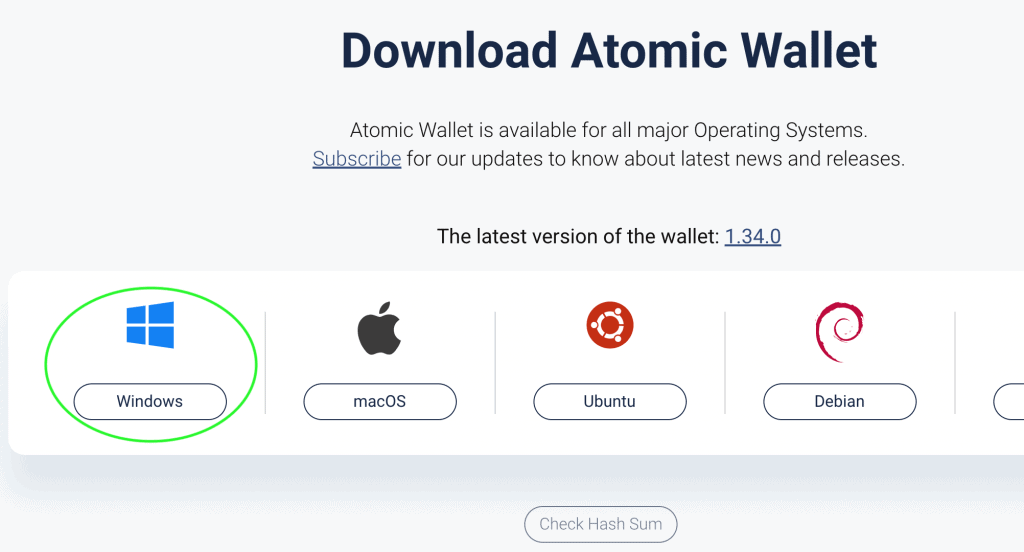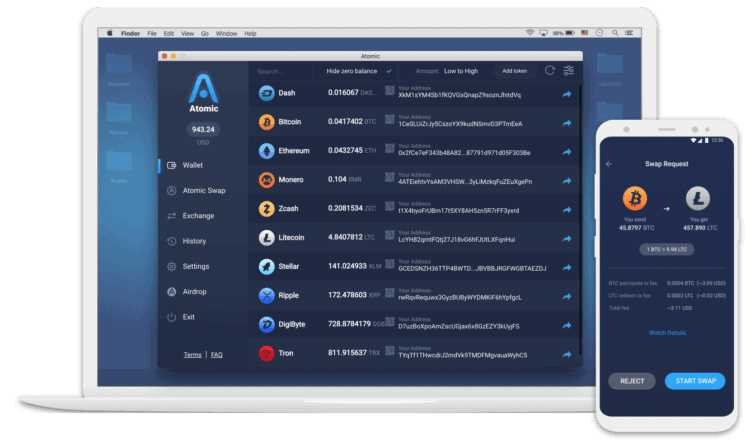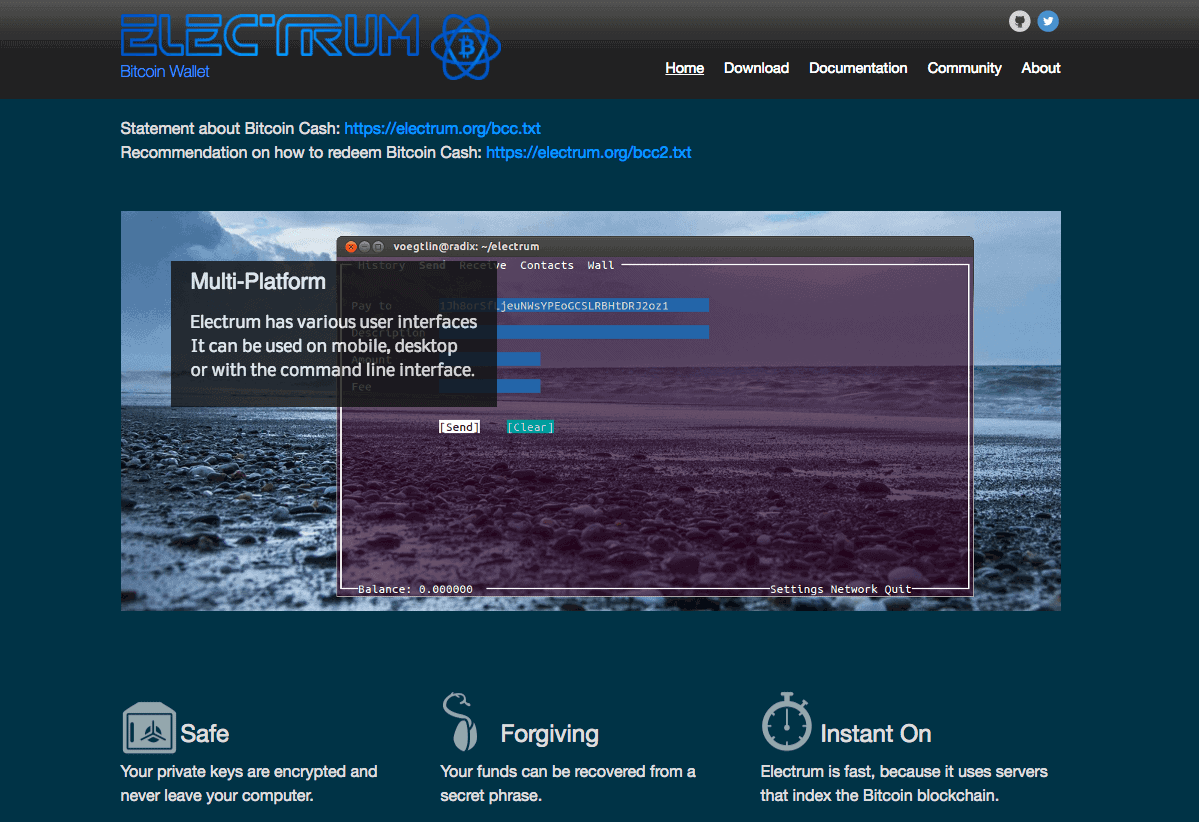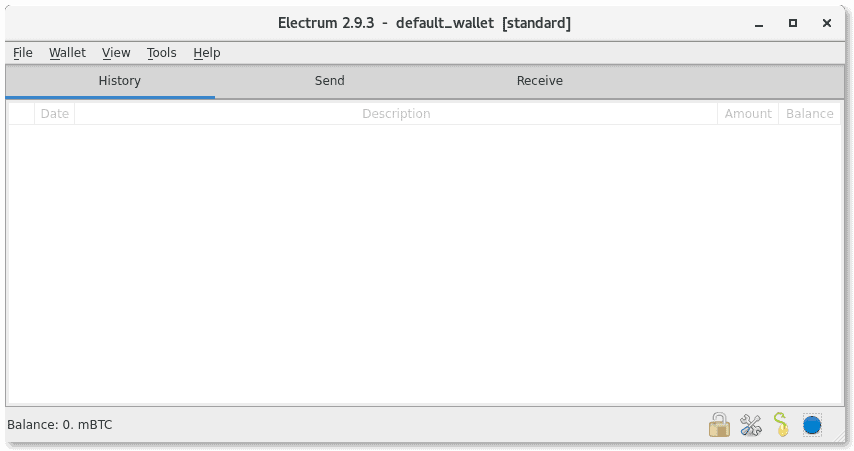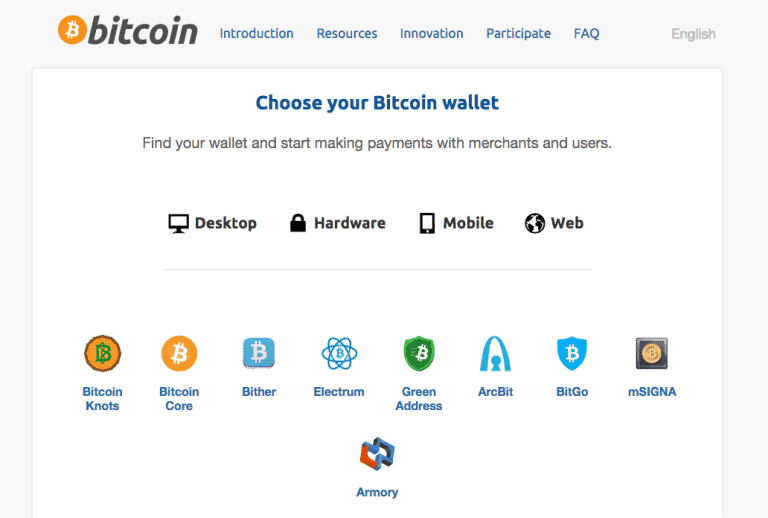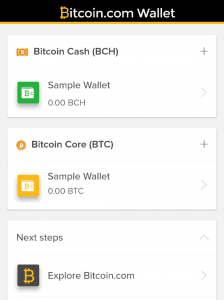When you first get involved with cryptocurrencies, you will likely need a software wallet to store your cryptocurrencies.
One of the most popular types of software wallets is the desktop wallet and for good reason. There are lots of desktop wallets out there to choose from.
[no_toc]Though the ultimate aim of all such laptops is to provide storage for your digital assets, they offer a wide range of distinct features that make them suitable for different users.
So how can you choose the one that best fits your cryptocurrency needs? Well, in this review, we will help you figure out how to make the right choice. Read on to find out.
Best Desktop Wallet Providers
Best Desktop Wallets in Your Country

For residents of the UK, there are many desktop wallets. In fact, the number of wallets makes it hard to select the best one.
We would recommend Exodus or Jaxx wallet as our top favorites. These wallets support a variety of coins.
They are also accessible both on desktop and mobile, which enhances usability and convenience.

For crypto users in Canada and the US, we would still recommend Exodus and Jaxx as the most reliable and flexible desktop wallet options.
They are both easy to use and have a solid reputation in the crypto community. However, if you only use Bitcoin, Electrum is among the most secure wallets for you.

Our recommendations for the Australian market remain the same as for the other two. Choosing Jaxx or Exodus will reduce the need to keep shifting between wallets as they support numerous coins.
Differences Between Exchange, Hardware and Software Crypto Wallets
Throughout this article, we have focused on desktop wallets, which are a type of software wallet. There are other types of wallets as well, each one with its highlights and demerits. Let us consider the most common types:
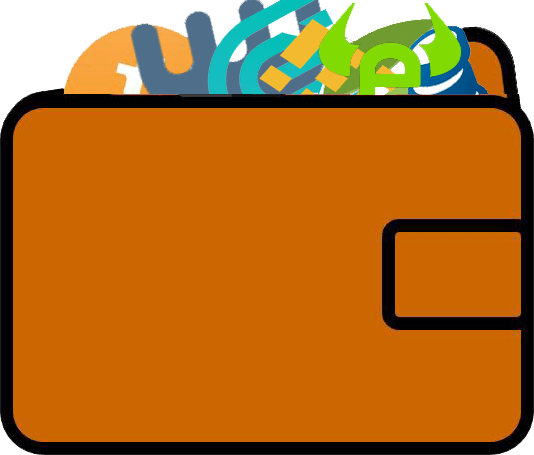
Exchange Wallets
These offer the most convenience for crypto users on the go. They are provided on crypto exchanges as a short-term means of storage for recently purchased coins.
As hot storage facilities, they are unsuitable for long-term storage as they are vulnerable to online attacks. Always remember to move your coins to a long-term storage solution after purchase.
Here are our favorite exchange wallets:
- Binance Wallet
- Coinbase Wallet
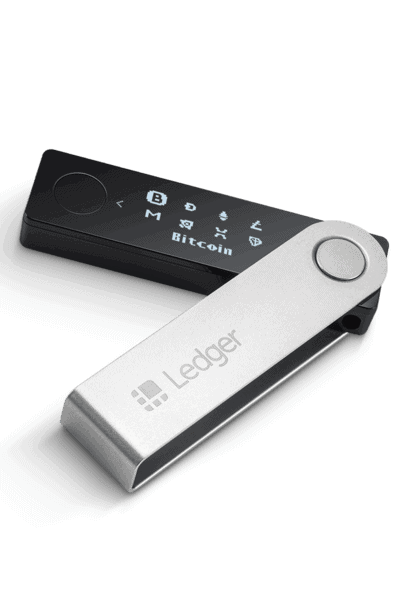
Hardware Wallets
Hardware wallets are considered the most secure storage facilities as they are not connected to the internet constantly. They are the most ideal for storing large amounts of crypto for the long term.
There are many types of hardware wallets priced differently and offering different features. Always remember to buy only from an authorized distributor to avoid counterfeits.
Here are some good examples of hardware wallets:
- Ledger Nano S
- Trezor
- KeepKey
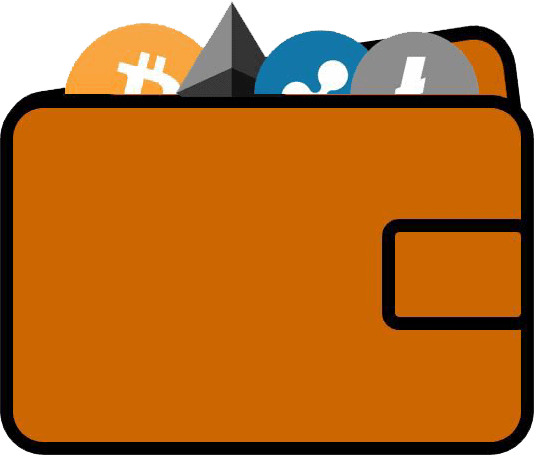
Software Wallets
As highlighted at the onset, software wallets come in the form of apps for your computer or phone.
Though they are not as safe as hardware wallets, they are safer than exchange wallets. They are also the best option for everyday crypto users as they are easily accessible on the phone or PC.
Only store the cryptocurrencies you need for everyday use and store the rest in cold storage on a hardware or paper wallet.
Here are some good examples of software wallets:
- Coinomi
- Exodus
- MyEtherWallet
Best Desktop Wallet on Mobile
Best Desktop Wallet Apple

There are lots of secure desktop wallets that are also available on iOS. These include Jaxx, Exodus and Atomic wallets to name a few.
We would recommend either of these for Apple users.
It supports a good variety of digital currencies and is regulated in multiple jurisdictions by such entities as FCA and CySEC.
Best Desktop Wallet Android

For Android devices, one of our top recommendations is the Jaxx wallet. It is one of the most versatile wallets out there with support for numerous coins.
It also facilitates basic trading and is available on desktop too.
There are hundreds of desktop wallets available on mobile devices. Most of them are not worth your consideration. Here are the things to consider when choosing Apple and Android crypto applications:
Apple
- Only compatible with Apple apps
- Many crypto apps are instantly banned by Apple due to T&C violations
- Apps from anonymous publishers will not be accepted
Android
- Android is application-agnostic
- All apps appear in the Play Store, even the scams
- Android apps can mine certain cryptocurrencies
There are clearly lots of desktop wallet options for different users and various operating systems. As you may have noticed, each one offers distinct features that set it apart from the rest.
Making a choice should however not be that difficult if you have an idea of what you want. For instance, a person who only uses Bitcoin may only need to choose between the full node client and the SPV client.
On the other hand, if you want access to a wide variety of coins, you would avoid these Bitcoin-only wallets and consider the more versatile ones.
Another crucial feature to consider is security. Open source platforms that welcome the input of various developers are arguably more secure in the long run due to constant audits.
Take time to find out what existing users think of the wallet before making your pick. Honest user reviews are available on crypto forums such as Reddit and BitcoinTalk.
And once you make your pick, keep in mind that the security of your wallet is in your own hands and adhere to required safety measures to minimize risk.
FAQs
What happens if my desktop gets stolen or damaged? Have I lost my cryptocurrencies forever?
No. A majority of desktop wallets have a mnemonic seed phrase which you generate and store securely during the initialization process. If you ever lose access to your desktop wallet, use this phrase to recreate your wallet and recover the funds in it.
Are desktop wallets free to use?
Technically, yes. Desktop wallet providers do not charge any fees for providing the service. However, depending on the coin you transact, every network charges transaction fees which go to miners for their verification and block creation roles. On some desktop wallets, these fees are automatically calculated based on network conditions at the time of the transaction. This gives you a rough estimate of the fee to pay to get your transaction confirmed in good time.
When is it advisable to use a desktop wallet
If you spend a lot of your time on a computer and do not need a highly secure wallet for long-term storage of cryptocurrencies, the desktop wallet would be a great choice. It will offer easy access to your funds while also giving a measure of protection. But for long-term storage, look for a hardware wallet.
Can I use more than one desktop wallet at a time on the same PC?
Yes. In fact, it is recommended that you try a number of different desktop wallets so as to choose the most appropriate one for your needs.
What is the difference between a desktop and web wallet?
A web wallet only exists online on a service provider’s platform. But a desktop wallet is an app that you download on your PC and install it to keep your private keys on the hard drive.
If someone accesses my computer can they steal my cryptocurrencies?
That will depend. On a majority of desktop wallets, the private keys are in encrypted form. They thus require a password every time you want to access funds. If that is the case, then the person will need to have your password so as to steal your cryptocurrencies.
